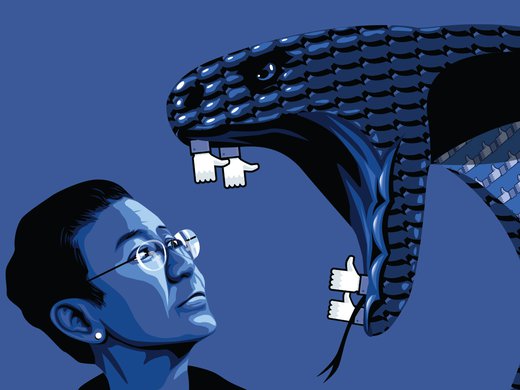The question of regulation of digital spaces gained new urgency following the January 6 attack on the US Capitol, after which platforms began to block then-president Donald Trump, and to moderate or remove harmful content related to the events in Washington.
The platforms’ decisions prompted a global discussion about self-regulation in the tech sector, and reminded policy makers that no nation is immune to the spread of harmful content or the possibility of radicalization. They also flagged the need for regulators to assess these platforms’ reach into and impact on traditional media sectors.
Canadian Heritage Minister Steven Guilbeault has brought forward legislation meant to rein in the powers of big tech. The wide-ranging changes are intended to supplement the country’s patchwork of existing laws that address data privacy, content moderation and hate speech.
One prong of this legislation, Bill C-10, is intended to subject technology platforms, such as Google, TikTok and Facebook, along with streaming services such as Netflix, to regulatory standards such as those that govern traditional broadcasters and publishers. The legislation passed third reading in the House of Commons on June 22, 2021. It has yet to receive Senate approval or Royal Assent. Critics have warned that Bill C-10 could infringe on free speech, by imposing new regulations on what individual Canadians can post, read and view online.
As Canada embarks on its effort to regulate digital spaces, we’ve compiled some of CIGI’s recent work on privacy protection, content moderation and new models for global platform governance.
Read
- Is Canada Ready for the Platform Regulation Debate?
- Bill C-10 and the Future of Internet Regulation in Canada
- The Next Wave of Platform Governance
- American Internet, American Platforms, American Values
- Replacing Canada’s 20-Year-Old Data Protection Law
- Digital Platforms Require a Global Governance Framework
- Six Recommendations for the International Grand Committee on Disinformation and “Fake News”
- The Dangerous Inconsistencies of Digital Platform Policies
- How Facebook’s Poor Privacy Practices Shed Light on PIPEDA’s Shortcomings
- To Fix Facebook Look to Government, Not the Market
- Five Things Democratic Governments Should Do to Fight Disinformation
- The Proposed Rogers-Shaw Merger Exposes a Deeply Flawed Internet Access Model
Listen
- Damian Collins on Joining Forces to Regulate Big Tech
- Joan Donovan on How Platforms Enabled the Capitol Hill Riot
- Matt Stoller on Taking on the Tech Giants
- Katherine Maher on Tools for Combating Disinformation
- Rod Sims on Australia’s New Law to Rebalance Media Power
- Victor Pickard on the Future of Journalism


